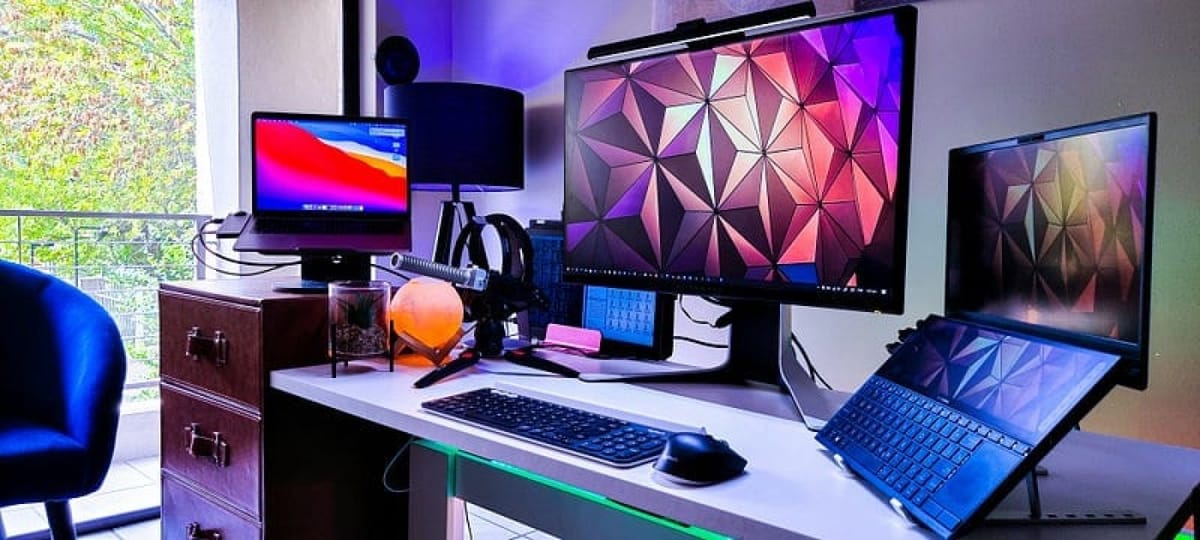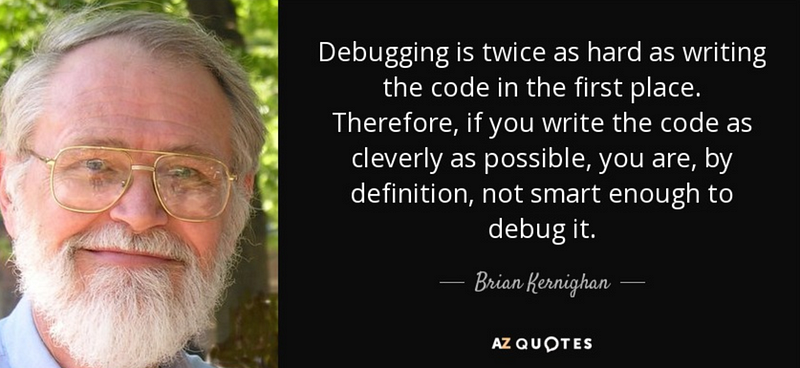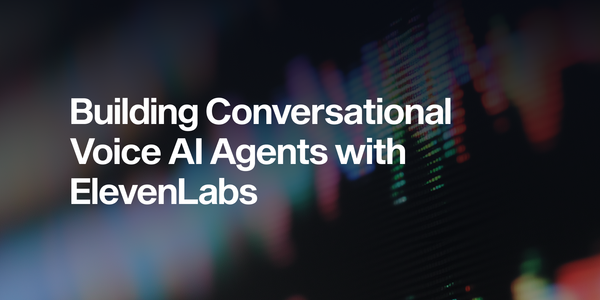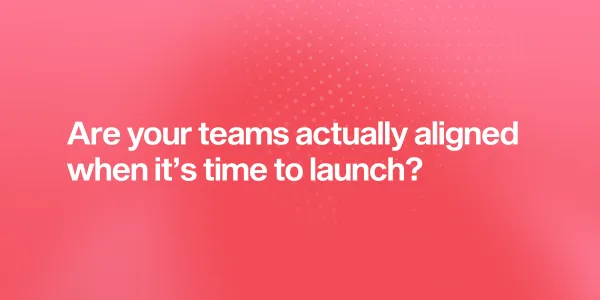Forget the Hype: AI Isn’t Taking Your Coding Job
In his article, Faris discusses the ongoing debate about whether AI will replace software engineers. Discover how the synergy between AI and human creativity is shaping the future of software development.

A year ago, I argued that AI wouldn’t replace programmers. Guess what? I was right. AI is a tool, not a threat.
No programmers have been replaced by AI at my company, Ministry of Programming, or in the companies we work with. AI continues to be used as a helpful assistant by hundreds of developers.
I’ll make my prediction once more:
2024 won’t see programmers replaced — it’ll see a massive expansion in the overall workforce! AI is lowering the barriers to coding, fueling new businesses, and driving incredible innovation
In 2024, programmers won’t just survive — they’ll thrive, and here is why AI is not the threat it seems to be.
Conflating GAI with AGI
Many people think generative AI will replace programmers because they confuse it with AGI (artificial general intelligence). The reality is, that today’s generative AI is like the most advanced autocomplete ever — a powerful assistant, not a conscious replacement for human programmers.
Autocomplete on Steroids ≠ a Thinking Coder
To truly replace programmers, we need AGI or even ASI (artificial superintelligence). Current tools, while impressive, still require human oversight and understanding to produce usable code.
Hallucinations and the effect on speed and quality
Even the best generative AI models struggle with what are called ‘hallucinations’ — seemingly correct code that’s flawed. Even an 1% hallucination/error rate can be a nightmare because software demands near perfection to function correctly.
Sure, AI copilots can boost a skilled programmer’s speed tremendously. But the moment a hallucination slips in, that speed gain evaporates. Suddenly, you’re debugging code you didn’t even write, which can be far slower than writing it yourself.
We’re naturally better at understanding our own code. Deciphering and debugging code written by someone else (or an AI) is a much tougher task. Even if the AI generates thousands of good lines of code, a single hidden bug can create days of frustrating work to fix it.
LLM’s could generate super-bugs that take 10 or 100x more time to fix.
Developers are very reluctant to read and interpret large amounts of code written by someone else. That will continue to be the case even with AI-generated code.
AI assistant will speed you up, but they will also slow you down when you debug their hallucinations or suboptimal solutions.
As Gary Marcus pointed out recently, one of the scariest problems with LLMs is that they will surely generate lower-quality code and security issues.
We should always remember that even today most coders spend 90% of their time reviewing existing code and debugging, and not writing new code. How much will we spend reviewing AI-generated code that we don’t understand that well?

Prompting is still programming
Watch any programmer using AI copilots, and you’ll realize that writing good prompts is its form of programming. You need deep coding knowledge to effectively tell the machine what you want, understand the quality of its output, and assess if it’s good enough for real-world use.
While AI can generate decent code, it doesn’t think like we do. It can’t judge what’s “good enough” for a human user or guarantee production-level quality. That’s still a human skill. You can call it taste if you like.
The secret to great code is iteration, not one-time generation.
The best code comes from refining and improving what already exists. You need to understand the goal and the quality standard. AI tools often produce subpar solutions initially as they can’t interpret what is good enough and when to stop or iterate further, and that’s where human expertise and judgments come in.
Humans understand human requirements better than an autocomplete tool does.
Smaller Teams, Bigger Impact
While some companies might attempt to embrace smaller, AI-assisted development teams for increased productivity, others will get more ambitious and expand their teams as productivity increases — they can get more done, which speeds up growth.
Overall, even the temporary reductions in teams will not mean a shrinking job market for programmers. As one developer shifts roles, another opportunity opens somewhere else.
AI reduces the barrier to entry for founders to start new companies, so we might see a significant increase in the number of new companies created, which creates an even bigger market for software developers.
Ultimately, this fragmentation is positive. There will be many more smaller companies in the world.
While larger companies may downsize their programming teams, those skilled AI-assisted developers will rapidly find opportunities with smaller, growing businesses boosted by the AI revolution.
So even if some companies replace programmers because of AI productivity gains, those same people will quickly find a home in the next company that got more ambitious, or a smaller company that was just created and enabled by AI.
What about Devin, Magic.Dev and other AI agents replacing Devs?
Devin is cool, but fancy agents that can do small parts of a dev job are not replacing anyone, just augmenting people.
To not repeat what others have written, I will just quote Gergely Orosz here:
So far, all we have is video demos, and accounts of those with access to this tool. From the videos, it seems it’s more of an advanced agent that can switch between certain tools. Still, at this point, Devin doesn’t feel more than a heavily work-in-progress prototype. — Gergely Orosz
Even if Devin gets better, it will generate weird code, hard-to-fix bugs, and many other issues, so I don’t see it replacing a single human programmer this year.
Need a partner to integrate AI into your dev workflow?
Conclusions
Forget the fearmongering — AI isn’t replacing programmers anytime soon. Think of these tools as incredible assistants, a major upgrade to your coding environment. It’s like autocomplete on steroids!
The future of coding are enhanced human AI-assisted programmers, not obsolete ones.
AI won’t make programmers extinct. Instead, programmers who embrace AI will become unstoppable. Barriers to coding will fall, unleashing a flood of new ideas and businesses. This is a golden age for software developers!
The good news is the claim “you will not need software engineers” has been on repeat since the 1960s. — Gergely Orosz
AI will make coding accessible to many more people and companies. And for seasoned programmers? It’s a productivity multiplier.
AI assists even those programmers who have been out of the game for a while. It accelerates their return to active coding.
Some teams might get smaller, but overall, there will be much more programmers in the world and not less.
Get ready to build amazing things, faster than ever before.



